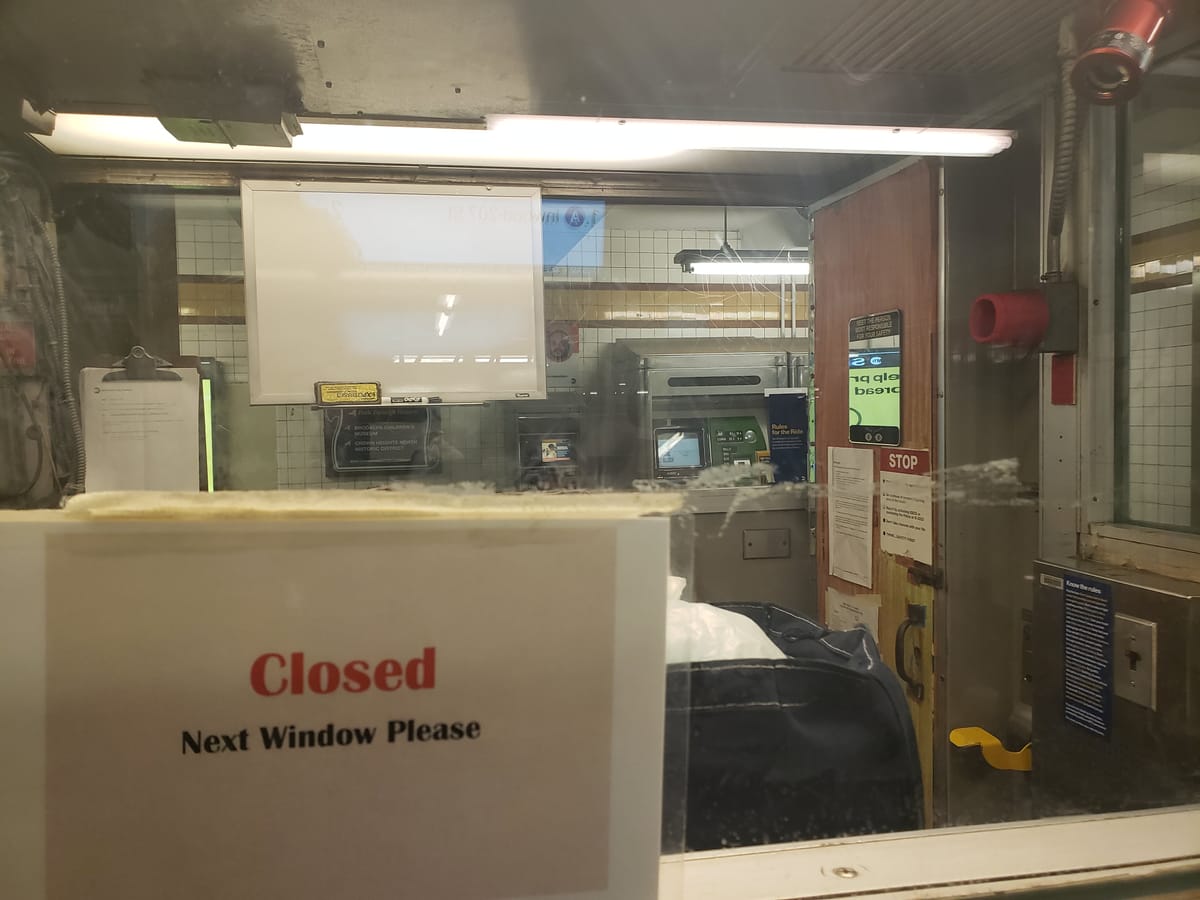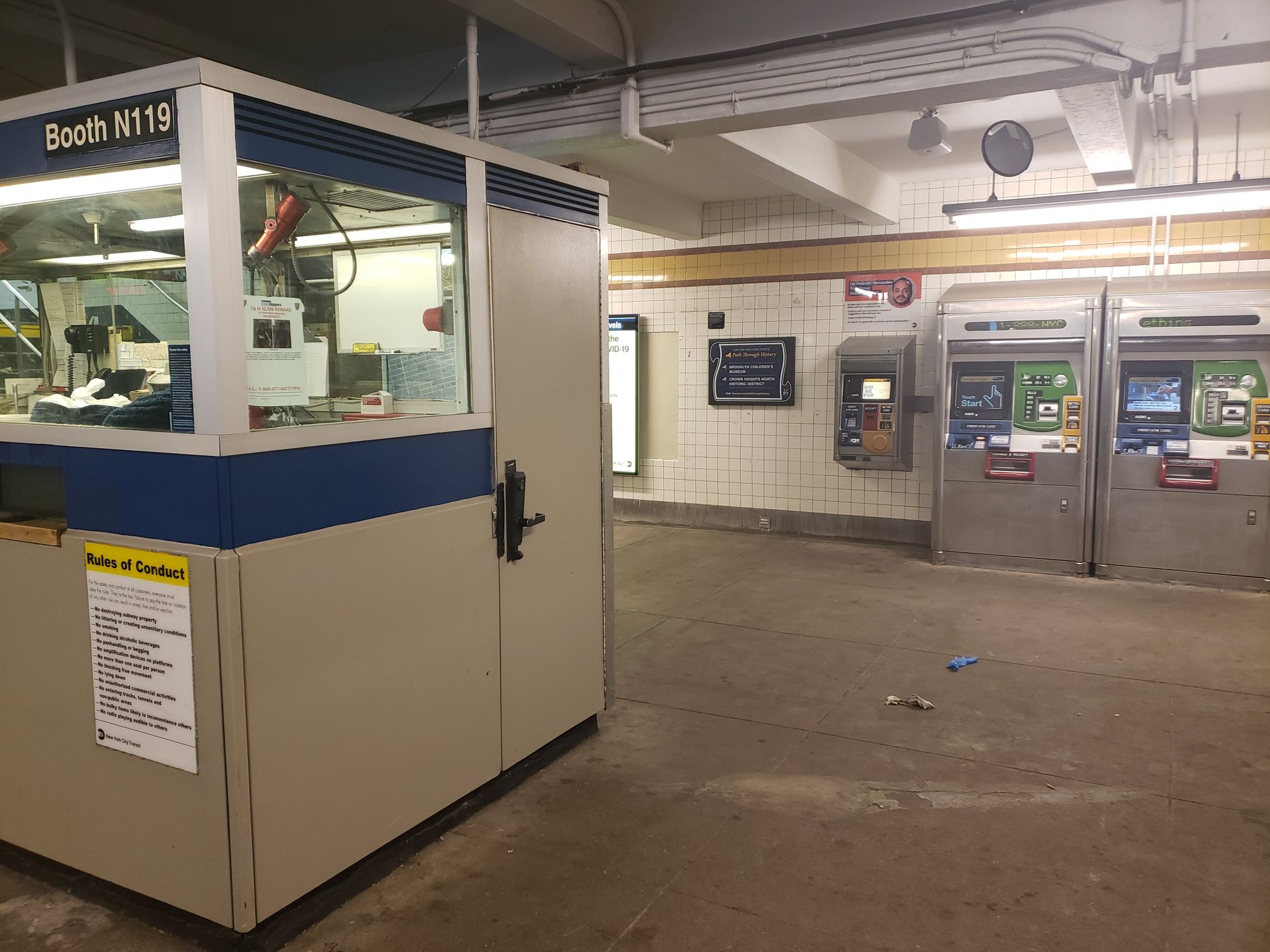Public Transit Updates: MetroCards at Vending Machines Only, Free Buses, No Shared Access – A – Ride,more


The Metropolitan Transportation Authority (MTA) announced that it is no longer selling regular MetroCards at kiosks, as of Tuesday, March 24, in order to protect station agents from Coronavirus. The regular cards will be sold at MetroCard Vending Machines, and Station agents will still sell MetroCards to seniors and people with disabilities who pay half fares, because the vending machines aren’t equipped to process this type of sale.
“New York City Transit’s top priority is the safety of our frontline employees, and we are doing everything we can to protect their health as they continue to move this city forward during this crisis,” said Sarah Feinberg, the Interim President of NYC Transit. “Reducing cash transactions will help our station agents feel safe on the job and ensure we are taking all precautions against COVID-19 to protect our workforce.”
The Transport Workers Union (TWU) pushed for this change in order to reduce the number of cash transactions station agents participate in.
“This was a big concern for our station agents,” said Tony Utano, the TWU Local 100 President. “I raised it with NYC Transit officials at headquarters, and I’m glad that they listened and agreed to this common-sense plan that will help protect our members.”
The MTA continues to make changes as the pandemic worsens and less people use public transit. Ridership has fallen by 60% on subways, 49% on buses, 67% on the LIRR and 90 percent on Metro-North, according to a letter the MTA sent to New York’s congressional delegation asking for more than $4 billion in federal aid.

As a result, buses, Metro-North and the LIRR have all reduced service.
Local buses are free in order to protect drivers from handling bus fare, and riders must board through the back door unless they need to use a wheelchair ramp, which is only available at the front door.
Access-A-Ride, which mostly serves elderly and mobility-impaired passengers, has stopped shared rides, though exceptions are made for riders who need a personal care attendant.
All lost and found offices are closed.



